Less than three decades after the United Nations revoked its infamous “Zionism is racism” declaration, an Arab-led group of 18 nations became the first U.N. agency to accuse Israel of promoting an apartheid system within its borders in 2017. During an ensuing debate before the United Nations Human Rights Council (HRC), member states of the “Economic and Social Commission for West Asia”—a Middle East-based organization from which Israel had been excluded—accused the Jewish state of “theft of land,” “violence and terrorism,” “ethnic cleansing,” and “crimes against humanity.”
Then Hillel Neuer, an international lawyer and executive director of the group UN Watch, took the floor to pose a deceptively simple question to the countries leveling the charges: “Where are your Jews?”
“Israel’s 1.5 million Arabs, whatever challenges they face, enjoy full rights to vote and to be elected in the Knesset, they work as doctors and lawyers, they serve on the Supreme Court … How many Jews live in your countries?” Neuer asked before the chamber. “Algeria had 140,000 Jews. Algeria, where are your Jews? Egypt used to have 75,000 Jews. Where are your Jews? Syria, you had tens of thousands of Jews. Where are your Jews? Iraq, you had over 135,000 Jews. Where are your Jews?”
The answer to Neuer’s question, of course, was that the once flourishing Jewish communities of the Middle East and North Africa had been driven from their homelands in waves in the years since Israel’s fight for independence. But his speech was met with silence from the chamber.
“You could feel that it was sort of an historic moment at the U.N.,” Neuer said in an interview with The Dispatch. “I think everyone in the room, even those not favorably inclined toward Israel, recognized that an uncomfortable truth had been expressed that no one had an answer for.”
It wasn’t the first time, nor would it be the last, that the organization self-appointed to defend a universal respect for humanity failed to reckon with its systematic discrimination against the Middle East’s lone democracy. The increasing prevalence of dictatorships among the HRC’s ranks and the lack of political will among its democracies to address them further call into question the body’s legitimacy.
More than five years after his viral speech, Neuer’s willingness to say what many prefer to go unspoken remains as relevant as ever. Last week, a report led by Navi Pillay—a longtime fomenter of anti-Israel sentiment—placed sole blame for the Israeli-Palestinian conflict on Israeli officials. The probe’s findings will be presented to the 50th session of the HRC today.
Since the body’s inception, Israel has been the only country singled out for regularly scheduled debates under Agenda Item 7, which seeks to address “human rights violations and implications of the Israeli occupation of Palestine and other occupied Arab territories.” Over the last seven years alone, Israel has been the subject of 125 condemnatory resolutions by the HRC. The next most frequent transgressor in the eyes of the council, Russia, was the subject of 18 such resolutions during the same timeframe. China hasn’t been the subject of any, despite a long-promised investigation by the Office of the U.N. High Commissioner for Human Rights (OHCHR) into its abuses of Uyghurs in Xinjiang.
For almost a year, the high commissioner—former Chilean President Michelle Bachelet—has stalled the release of the probe’s findings. And her recent visit to China last month has been denounced by diplomats and activists from across the globe as little more than a photo opportunity for the high-ranking Chinese Communist Party (CCP) officials with whom she met.
During a two-day stint in Xinjiang, Bachelet didn’t visit any of the region’s infamous “re-education centers” in which an estimated 2 million Uyghurs and Muslim minorities have been detained. Locals were reportedly warned by CCP officials against speaking freely with the high commissioner. Ahead of her trip, the recent release of the hacked “Xinjiang Police Files” verified the scope of the abuse in the camps, including thousands of mugshots and internal communications issuing shoot-to-kill orders against Uyghurs.
But in a press conference at the visit’s conclusion, Bachelet glossed over the ongoing genocide in Xinjiang, adopting the Chinese regime’s own euphemisms—“counterterrorism and deradicalization”—to describe its systematic oppression of the Uyghur population. She praised China for its “tremendous achievements” in poverty alleviation, gifting communist regime a desperately needed propaganda victory.
“Her statement gave a green light to the Chinese government to continue the repression of the Uyghurs,” Dolkun Isa, president of the World Uyghur Congress, told The Dispatch. “She has destroyed her credibility. Not only her credibility, but she has also destroyed the U.N. human rights system’s credibility.”
The Biden administration—along with U.S. lawmakers, human rights organizations, and activists worldwide—reportedly warned the U.N. against approving the trip, correctly anticipating that it would rubber stamp the Chinese government’s human rights record. “There was every indication that China would not provide the conditions necessary for a meaningful, transparent, credible visit,” said UN Watch’s Neuer. “On the contrary, there was every indication that this would be used by China for propaganda, and it was.”
In defense of the trip, Bachelet stressed that it wasn’t investigative, but rather “an opportunity to hold direct discussions” with Chinese officials. Yet her office ostensibly delayed the Xinjiang report’s publication once again to include “interactions and observations from the visit”—a discrepancy Bachelet has yet to fully address. The high commissioner’s office did not respond to The Dispatch’s request for comment.
Bachelet’s controversial trip and refusal to release findings on Xinjiang came as no surprise to Emma Reilly, a former U.N. human rights officer and whistleblower. Reilly was fired from her position last year after exposing the OHCHR’s preferential treatment of the Chinese government. “When she was president of Chile, she was the regional representative for the Belt and Road Initiative,” Reilly told The Dispatch, referring to China’s plan to extend its influence with infrastructure projects in developing economies worldwide. “Is it any great shock that she has said absolutely nothing about the Uyghur genocide?”
In 2013, Reilly learned that the office had been disclosing the names of Chinese dissidents to Beijing, endangering their lives and those of their families. But when she began to report her discovery up the ranks of the U.N., she encountered indifference and eventually retaliation: “I went all the way up to the high commissioner of human rights at that time, and was basically told the same thing by everybody—that it was a political decision, that certain exceptions had to be made for China, and that I was somehow naive to not understand this.”
A witness statement from another whistleblower, Miranda Brown, even recounted a meeting with U.N. Secretary-General António Guterres. According to the testimony provided to The Dispatch, Guterres claimed he was “powerless to control the OHCHR leadership (past and current) and other senior UN officials involved in addressing our situation.”
“When a whistleblower comes forward—whether it’s me about complicity in genocide, Miranda Brown about child sex abuse—we are vilified and fired. Member states do not engage with whistleblowers, they only engage with the organizations that whistleblowers are reporting,” Reilly explained. “There’s a lot of perverse incentives on everyone’s part to just never say anything, keep the system running, and never actually look at what it’s become or whether it’s fulfilling its mandate or not.”
Isa, the World Uyghur Congress president, was among the dissidents whose names were handed over to the Chinese government. China has since made sure he and his family pay the price for his activism. In 2018, his mother died while detained in a re-education camp on the vague charge of “religious extremism.” His father died the same year under unknown circumstances, which Isa himself didn’t discover until 2020. Chinese authorities sentenced Isa’s young brother, Hushtar, to life in prison in 2021.
Although Isa currently lives in exile, he has also fallen prey to Chinese government attempts to silence him from afar. In 2017, Isa was forcibly removed from the U.N. headquarters in New York while attending its Permanent Forum on Indigenous Issues. “On day three of the conference, when I was on a coffee break, I was kicked out of the U.N. headquarters without any explanation,” he said. U.S. and European ambassadors have since intervened on Isa’s behalf to restore his accreditation so that he can participate in the forum, but China continues to work behind the scenes to revoke his U.N. access and defame his character.
“I was a victim of the Chinese government trying to manipulate the U.N. system,” he told The Dispatch. “My case is not unique.”
Many say China’s membership in the HRC undermines the body’s legitimacy. But it isn’t just China. According to UN Watch, 66 percent of the council’s member states are non-democratic countries, including Pakistan, Cuba, and Eritrea. American presidents have long criticized the HRC’s low barrier to entry and consistent discrimination against Israel, but, in 2018 the U.S. became the first country to give up its seat on the council.
The Trump administration’s move was denounced by many in the West, who argued that the best way to reform the council was from within. But others praised it as a long overdue step in denying the HRC the prestige that comes from U.S. membership. According to former officials with the U.S. Mission to the U.N. (USUN), Washington didn’t take lightly the decision to leave.
“If people were committed to change and making the Human Rights Council something that could stand the test of time based on its membership and its items and its focus, then we were happy to stay in,” one former USUN official told The Dispatch. “But otherwise there was no point in the United States being a part of that. We don’t need it to advance human rights, so why lend our name to a body that is fundamentally backwards? I came away thinking this body is fundamentally broken, even though its tenets are those to be desired.”
Last October, President Joe Biden announced that the U.S. would rejoin the HRC to provide a “constructive voice” and urge the body to “live up to its mandate.” But critics argue that the Biden team hasn’t done enough to push for reform.
“The Biden Administration should not have rejoined the council without seeking reform, and we haven’t really gotten much from this administration about what reforms they want and how they’re going to implement them,” a former adviser to the USUN told The Dispatch. “It’s easy to say they want to get rid of Agenda Item 7 and improve membership, but to actually do that involves a lot of legwork and I haven’t seen them come up with a plan to make that happen.”
To Neuer, the problem lies not in the White House’s decision to rejoin the HRC, but in its unwillingness to speak out forcefully against its many defects in the months since.
“To have one powerful dissenting voice speaking the truth in a room where so many lies are told, and where most democracies and European countries are cowardly and too often go along to get along would serve an important purpose for humanity and for history,” he said. “Regrettably, the Biden administration too often is either silent in the face of abuses or, even worse, acts as a cheerleader in many of its publications and statements regarding the council.”
There seems to be no quick fix for the organization plagued by a lack of transparency, anti-Israel discrimination, and Chinese government influence. Some propose scaling back American funding. Others would like to see Washington withdraw for good. Isa, for his part, argued that the U.S. and allies must summon the political will to present a united front against the body’s authoritarian forces.
“Democratic countries must speak with the same voice,” Isa said. “Authoritarian countries speak with one voice, led by China.”
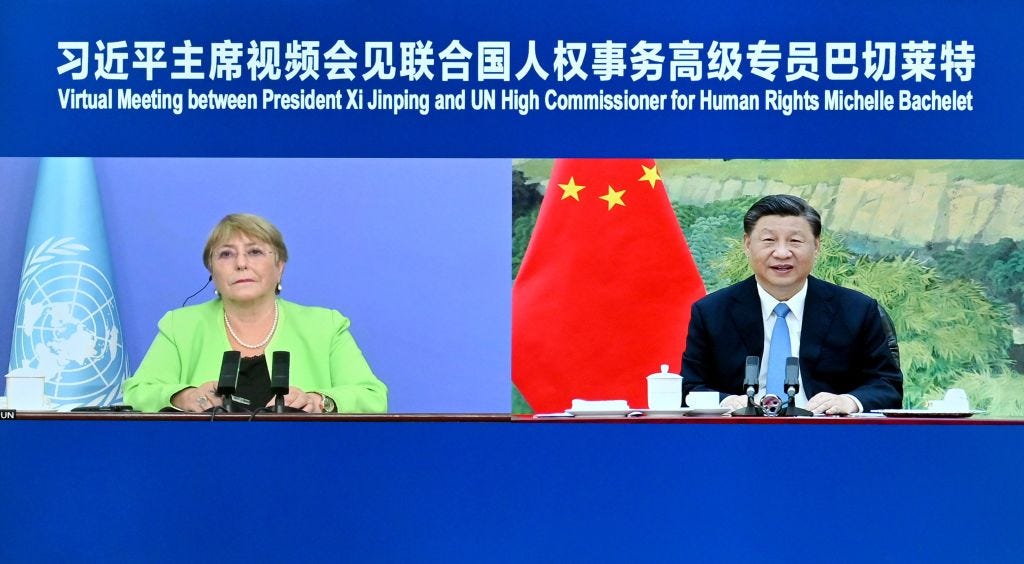

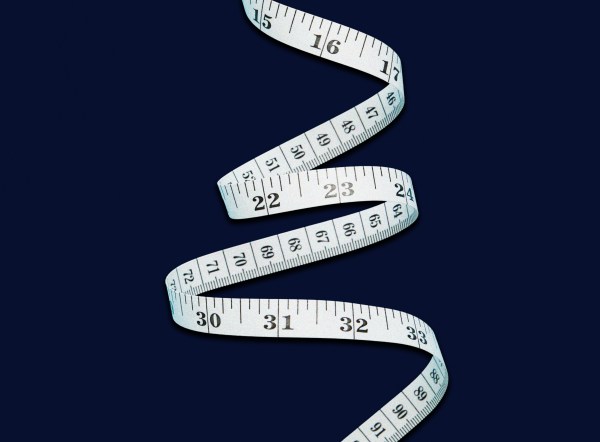
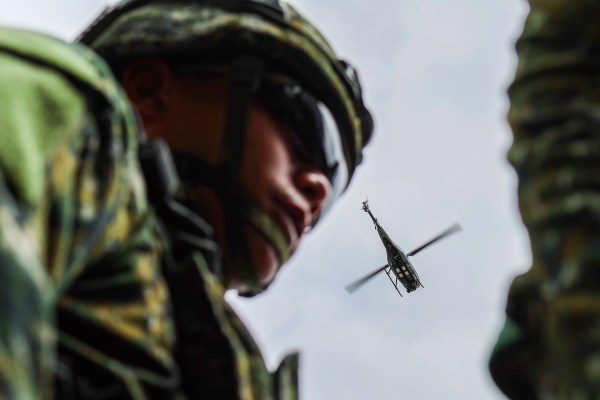

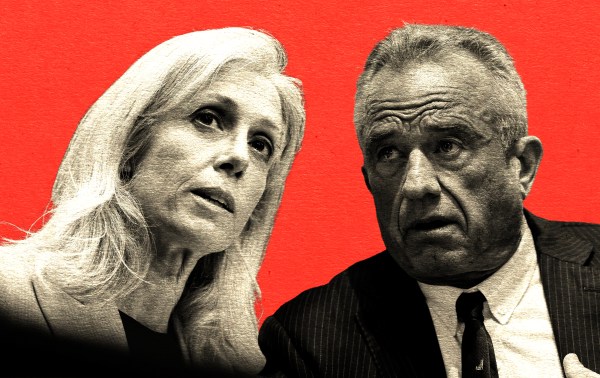
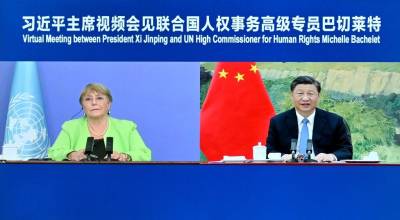
Please note that we at The Dispatch hold ourselves, our work, and our commenters to a higher standard than other places on the internet. We welcome comments that foster genuine debate or discussion—including comments critical of us or our work—but responses that include ad hominem attacks on fellow Dispatch members or are intended to stoke fear and anger may be moderated.
With your membership, you only have the ability to comment on The Morning Dispatch articles. Consider upgrading to join the conversation everywhere.